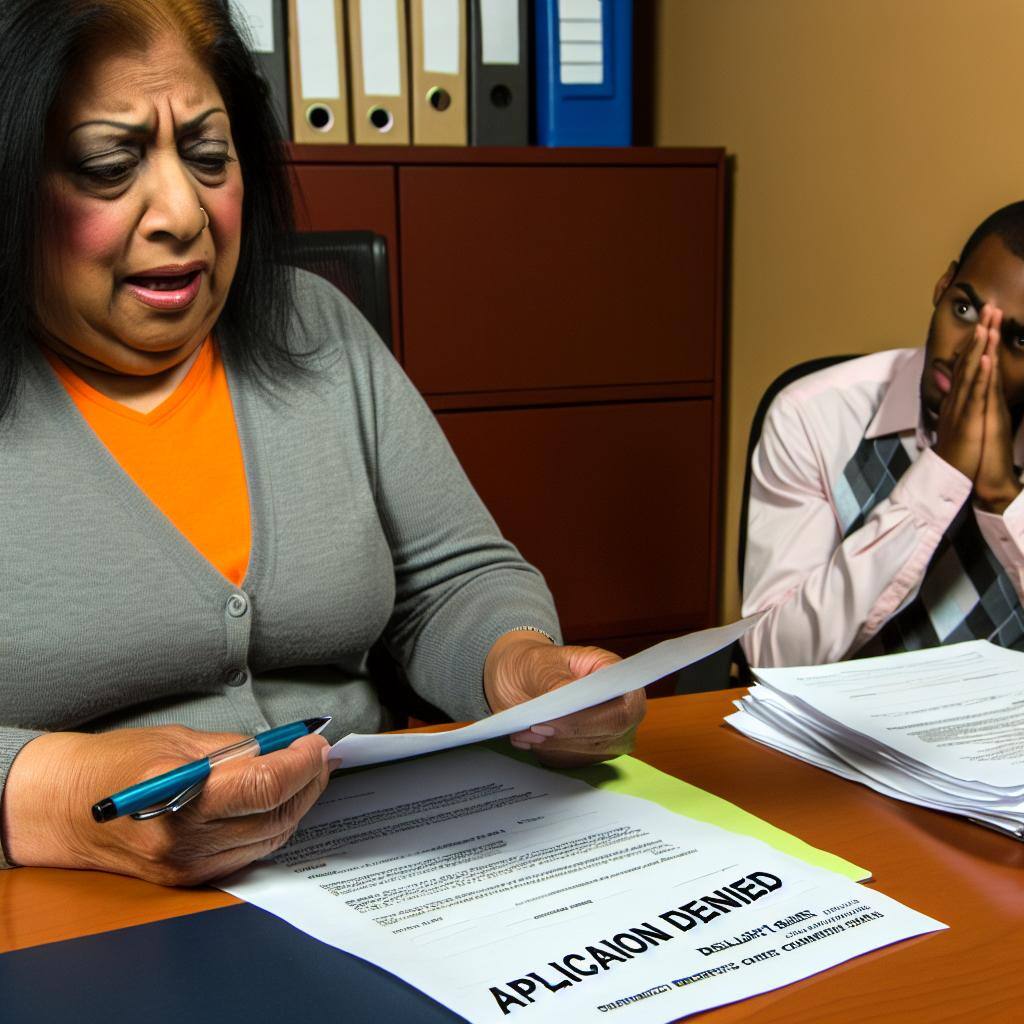2 min read
Ward v. O’Malley: Insights About Denied Claims from a Disability Benefits Lawyer
Joe Whitcomb
:
Oct 2, 2024 2:15:00 PM

If you're looking for a disability benefits lawyer, chances are you're overwhelmed by the complexities of the appeals process and the impact of a denial on your ability to work. Navigating the intricacies of Social Security disability claims can be daunting, especially when your financial stability and well-being are on the line. Let’s dive into the Ward v. O’Malley case, which illustrates these challenges and offers valuable insights into tackling a denial.
Understanding the Disability Denial Process
Gloria Ward, representing her late husband Richard Ward’s estate, faced an uphill battle when appealing the denial of disability benefits. The Social Security Administration (SSA) initially determined that Richard could still work in the national economy based on a vocational expert’s testimony. The expert suggested that Richard could work as a machine operator, production assembler, or bench worker, all roles that the court found to be within his capabilities. Ward challenged this, arguing that the assessment didn't accurately reflect Richard’s limitations or align with the realities of available work.
Key Points from the Appeals Court Decision
- Vocational Expert Testimony Matters: The court relied heavily on the vocational expert's insights, emphasizing the importance of expert testimony in disability cases. Ward argued that there was a conflict between the expert’s recommendations and the Dictionary of Occupational Titles (DOT). However, the court found no clear conflict and upheld the expert's conclusions. For your appeal, make sure the expert testimony accurately represents your condition and any discrepancies are clearly pointed out.
- Residual Functional Capacity (RFC) Assessments Are Crucial: The court evaluated whether Richard’s RFC matched the demands of the suggested jobs. The expert’s testimony and evidence supported the conclusion that Richard’s functional capacity was sufficient for certain types of work. If you believe your RFC doesn’t reflect your limitations, provide comprehensive medical documentation and argue how your condition specifically impacts your ability to work.
- Challenging Removal Protections for SSA Officials: Ward also raised constitutional concerns about the for-cause removal protections for SSA Commissioners and ALJs, arguing that these protections violated the constitution. However, the court dismissed this argument, emphasizing that procedural nuances rarely change the outcome unless they directly impact the case's facts. For claimants, this emphasizes the importance of focusing on evidence over legal technicalities.
- Matching Your Abilities to Job Requirements: One of the critical issues was whether Richard’s skills matched the Reasoning Level 2 jobs identified by the vocational expert. The court found that Richard’s capacity to perform these roles was adequate. Make sure to address how your condition affects your ability to meet job requirements when appealing a denial.
Moving Forward with Your Disability Appeal
The Ward case is a stark reminder of how challenging it can be to secure Social Security disability benefits, even when medical conditions seem clear. If your disability claim has been denied, it’s vital to understand why and how to address those reasons in your appeal. Here are steps you can take to bolster your case:
- Gather Comprehensive Medical Evidence: Detailed medical records and physician statements that outline your limitations are crucial.
- Challenge Vocational Expert Testimony: If an expert’s conclusions don't match your experience or limitations, present clear evidence to dispute their findings.
- Clarify Your RFC: Show exactly how your condition impacts your daily activities and work capabilities.
Get Expert Legal Help
Navigating a disability appeal can be complex, but you don’t have to do it alone. Whitcomb Selinsky, PC, is here to guide you through every step of the process, ensuring you have the support you need to achieve a successful outcome. Our experienced attorneys will help you gather the right evidence, challenge flawed testimonies, and present a compelling case to get the benefits you deserve. Get a free consultation and take the first step toward securing your rightful benefits.


